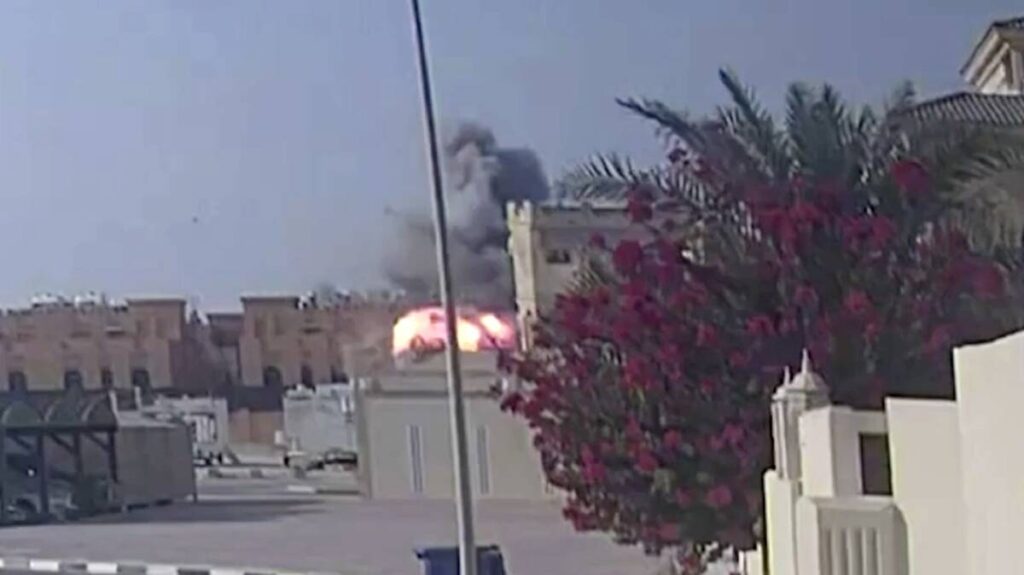
Israel conducted a precision strike against senior Hamas leaders in Qatar on October 31, 2023, igniting widespread condemnation. Critics argue the attack violates Qatari sovereignty and escalates the ongoing conflict in Gaza. This action follows Israel’s assertion that Hamas leadership has been actively involved in orchestrating attacks against Israeli civilians, including the deadly assault on October 7, 2023.
The international reaction has been notably critical, with many questioning the legality of Israel’s military operations. Yet, as history shows, the targeting of terrorist figures often garners different responses. For instance, the United States faced little backlash after it eliminated Osama bin Laden in Pakistan or various ISIS leaders. The principle of self-defense appears inconsistent in the context of Israel’s military actions against Hamas.
The Israeli government maintains that its operations are justified. Hamas leaders, who have been implicated in numerous attacks against Israelis, reportedly continued their activities from Qatar, where they reside in luxury. This raises questions about Qatar’s role in providing a safe haven for those responsible for violence. Critics argue that allowing Hamas leaders to operate freely undermines peace efforts and perpetuates suffering in Gaza.
Despite the backlash, Israel asserts that eliminating these leaders may contribute to a more stable situation in Gaza. The Israeli government claims that Hamas has repeatedly rejected ceasefire offers, opting instead to continue its violent campaign against Israel. This ongoing cycle of violence contributes to the humanitarian crisis in Gaza, where many civilians suffer as a result of the conflict.
Qatar’s involvement has drawn scrutiny as well. The Gulf state has been a significant financial supporter of Hamas, providing substantial monthly funding to help govern Gaza. Reports indicate that Qatar has facilitated Hamas’ military operations, which contributed to the October 7 attacks. Despite its attempts to mediate in the region, Qatar’s alleged encouragement of Hamas to reject ceasefire negotiations raises concerns about its intentions.
Hamas, an offshoot of the Muslim Brotherhood, promotes a vehemently anti-Western and anti-Semitic ideology. Qatar has been accused of supporting this ideology through various channels, including its media outlets. The state-owned network, Al Jazeera, has been criticized for its coverage that allegedly favors Hamas narratives and incites anti-Israel sentiments across the Middle East.
The implications of Qatar’s support extend beyond the Middle East. Research from the Institute of the Study of Global Antisemitism and Policy (ISGAP) has uncovered that Qatar has funneled billions of dollars into select universities in North America, contributing to rising antisemitism and radicalization on campuses. This troubling trend raises questions about the extent of Qatar’s influence and the potential consequences of its financial activities.
The condemnation of Israel’s attack highlights the double standards often faced by the nation. Many argue that rather than criticizing Israel, the international community should hold Qatar accountable for its support of Hamas and its broader destabilizing activities in the region. Had Qatar threatened to expel Hamas leaders unless they engaged in negotiations to release Israeli hostages and relinquish control over Gaza, the conflict may have reached a different resolution.
As the situation unfolds, it remains crucial for the international community to address the underlying issues that fuel the conflict. The focus should shift from mere condemnation of military actions to a comprehensive examination of the roles played by states like Qatar in perpetuating violence and instability in the region.







